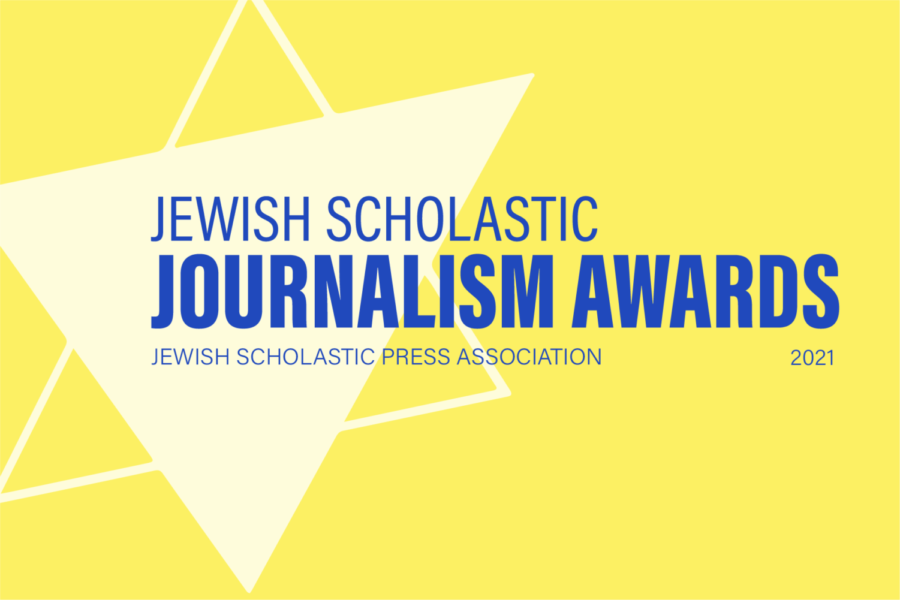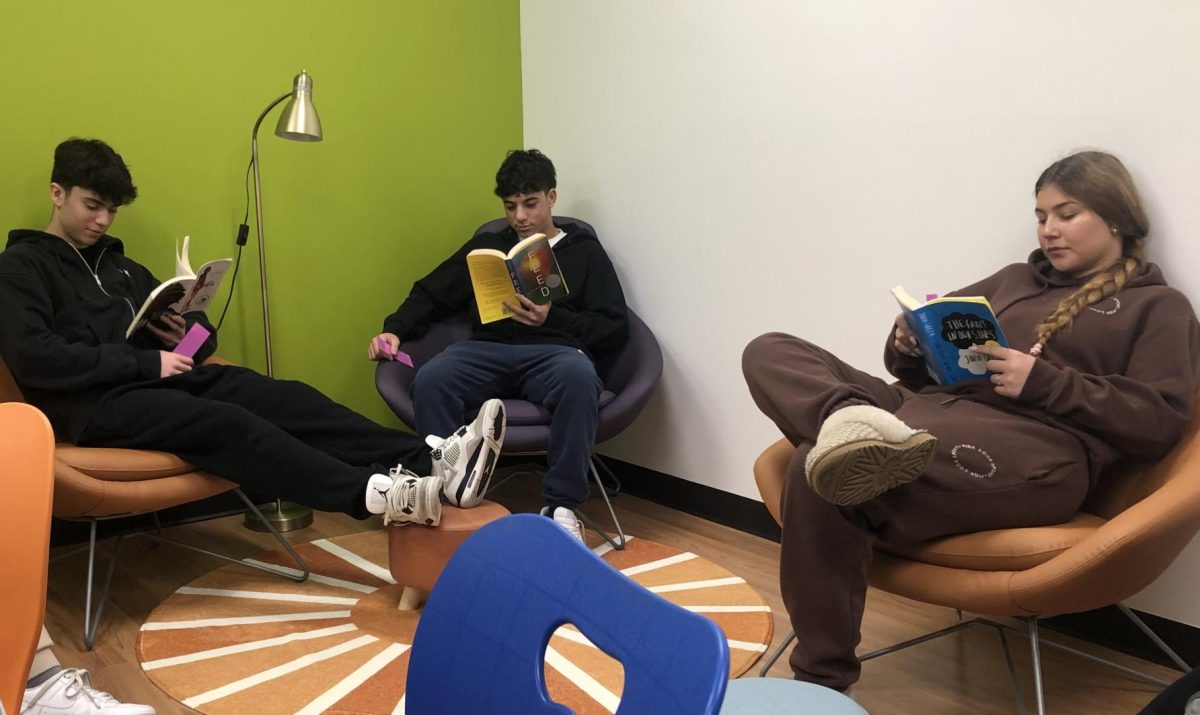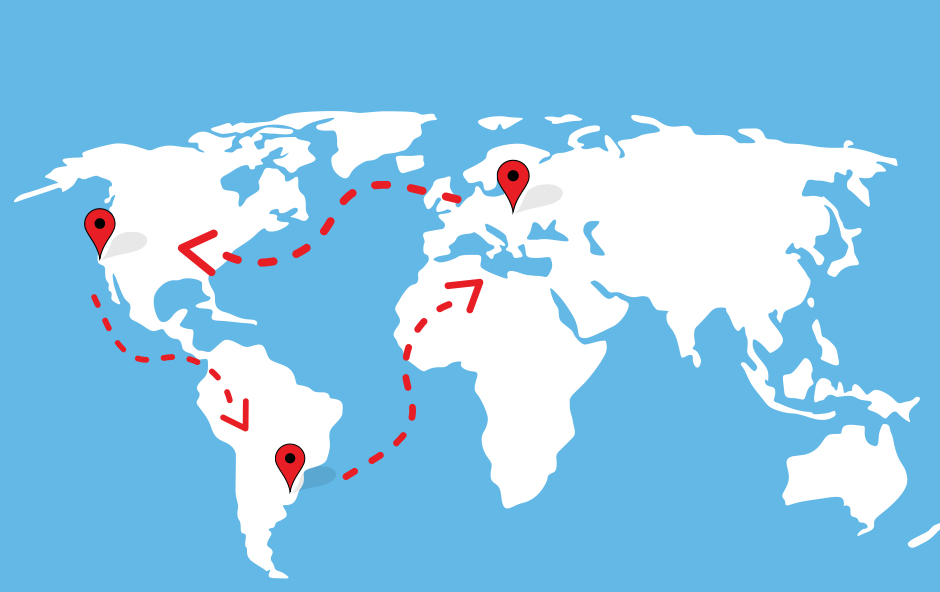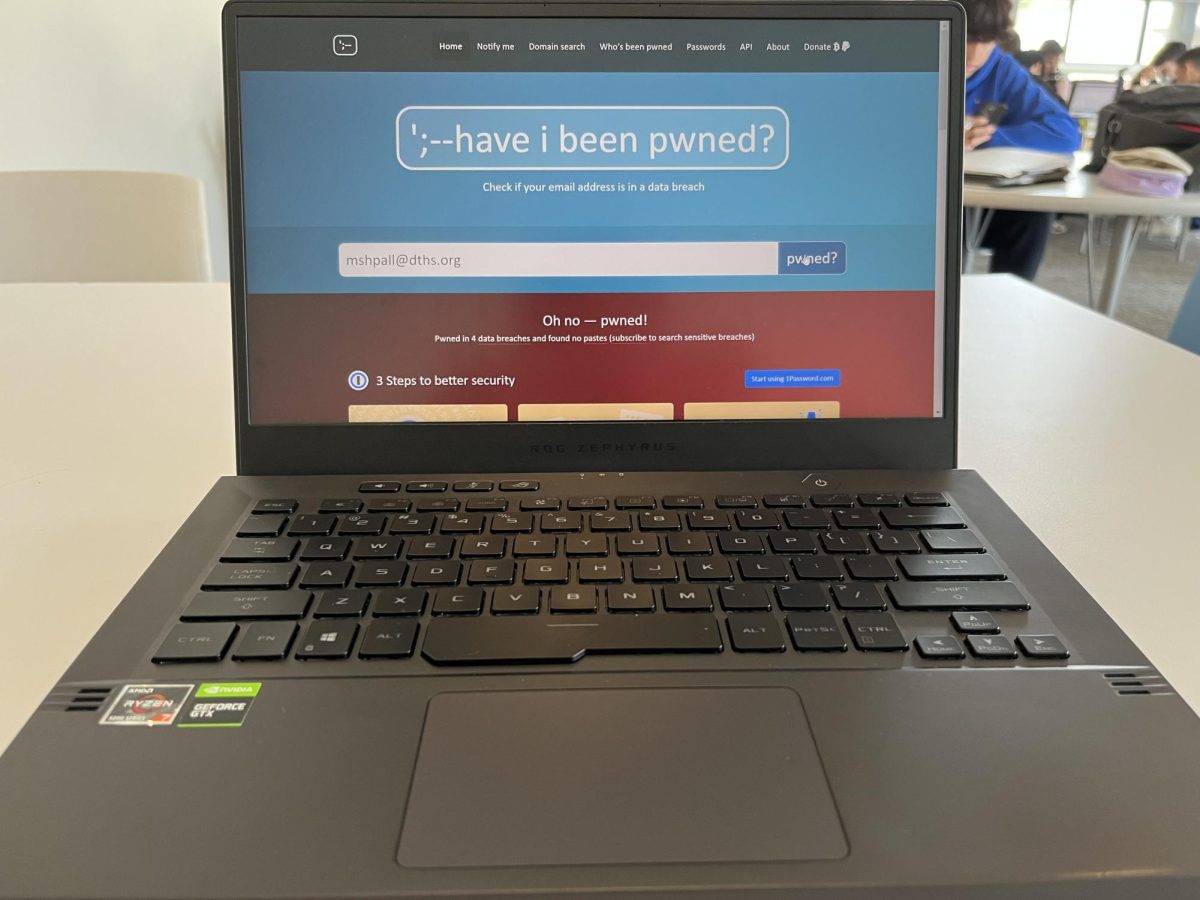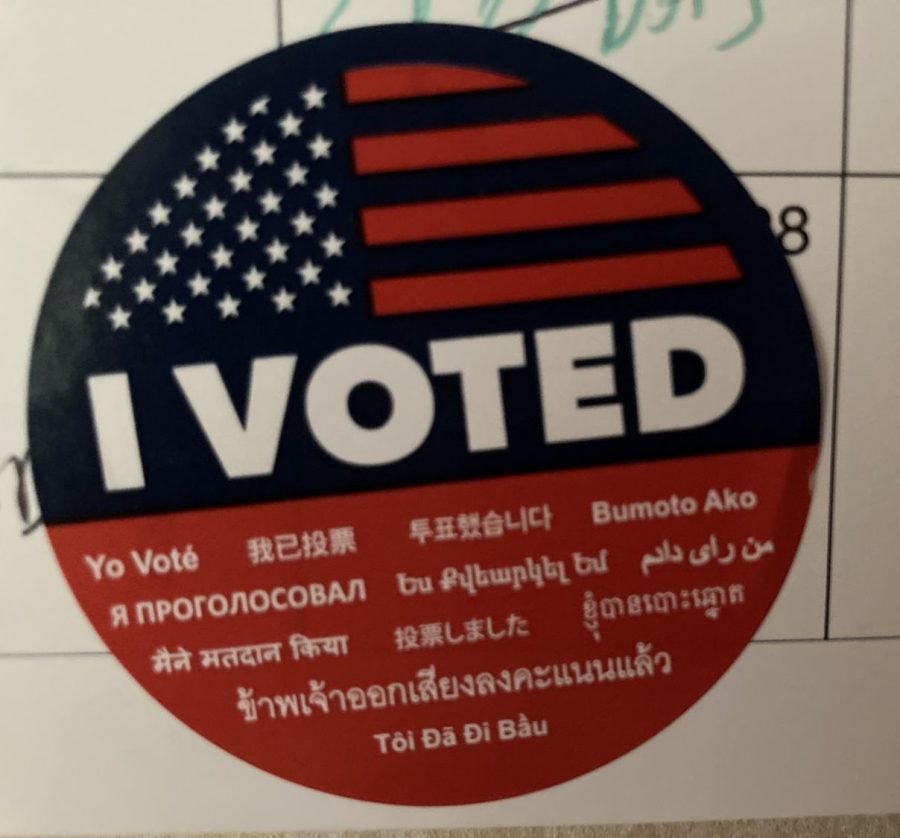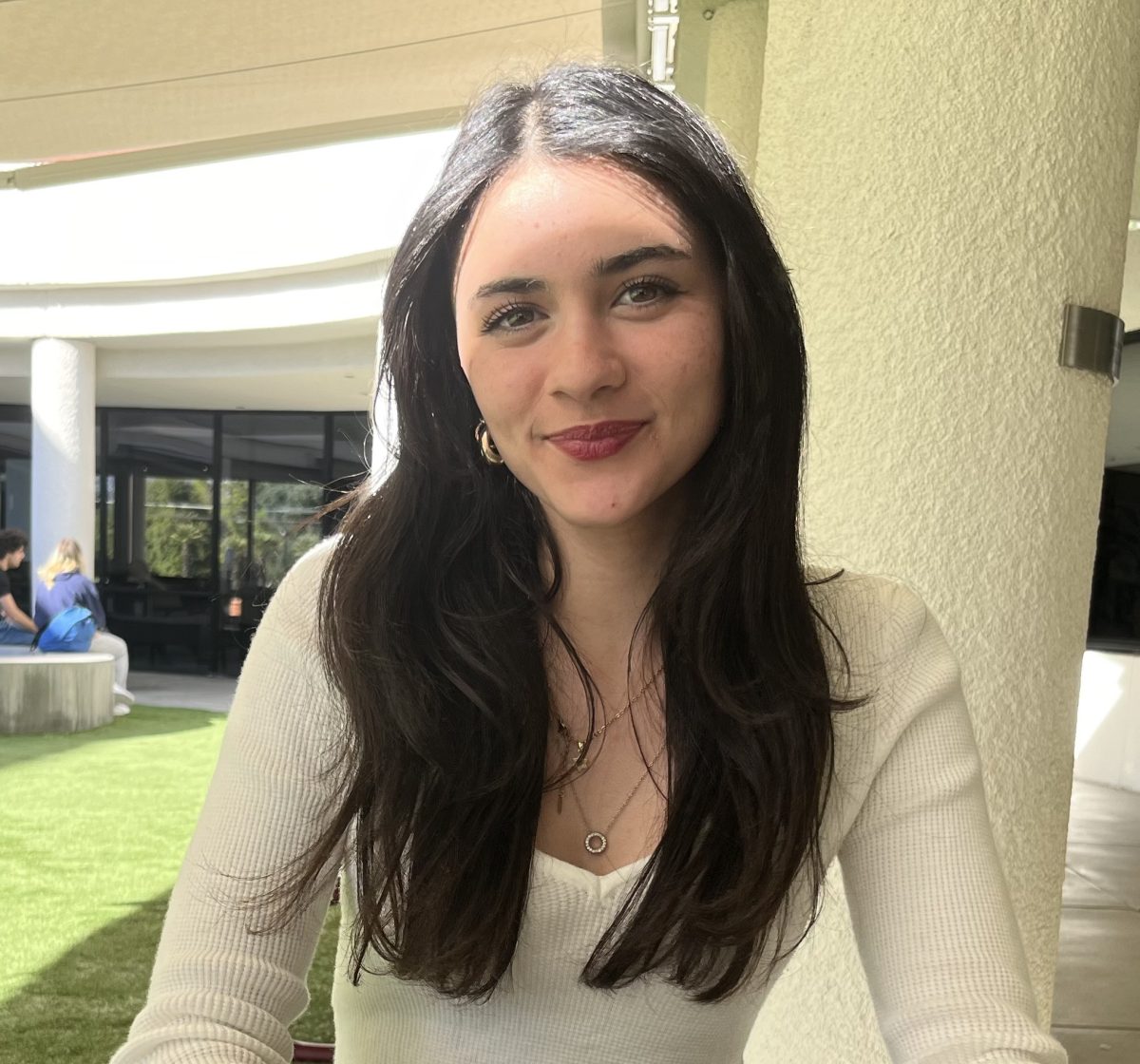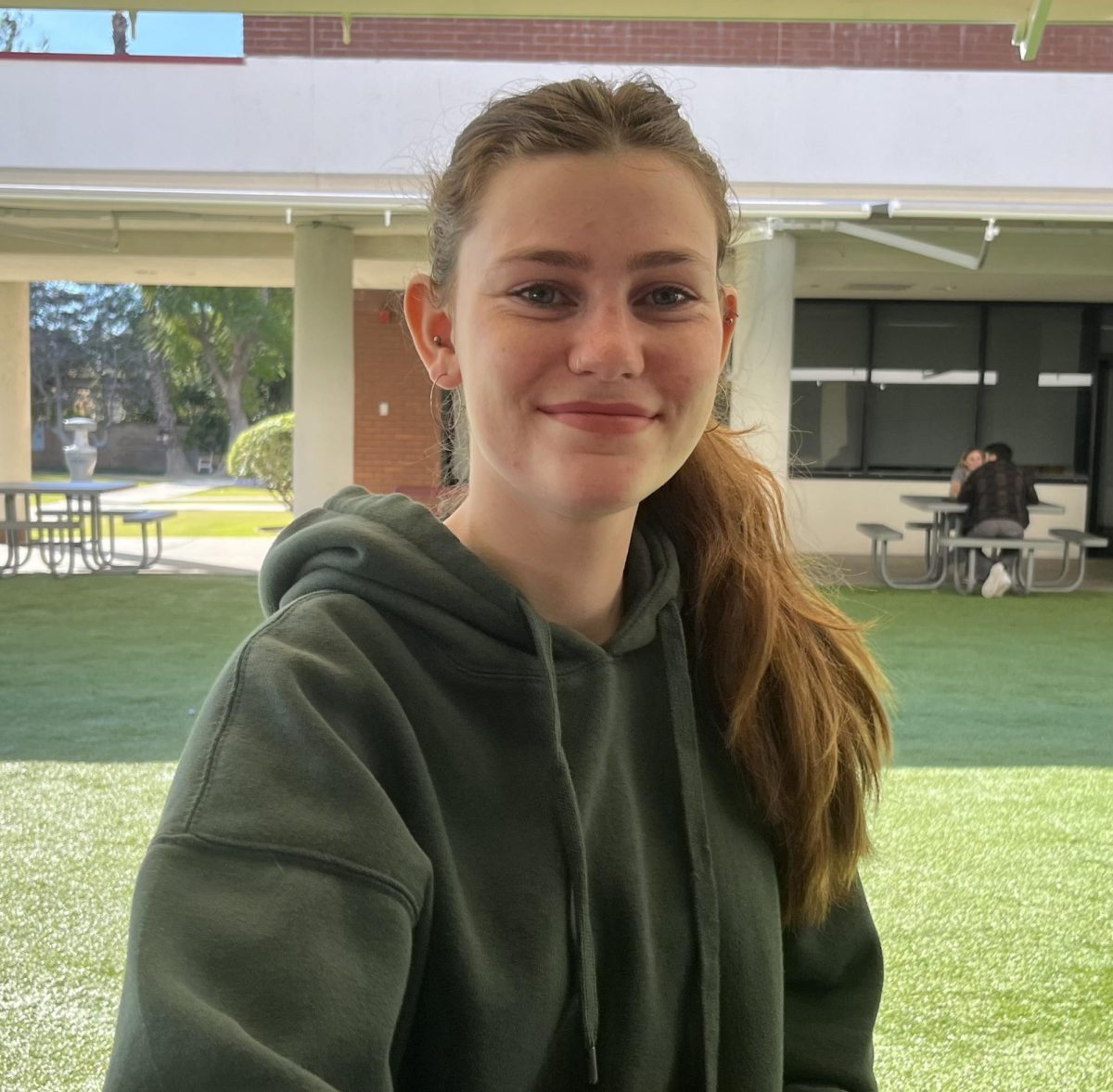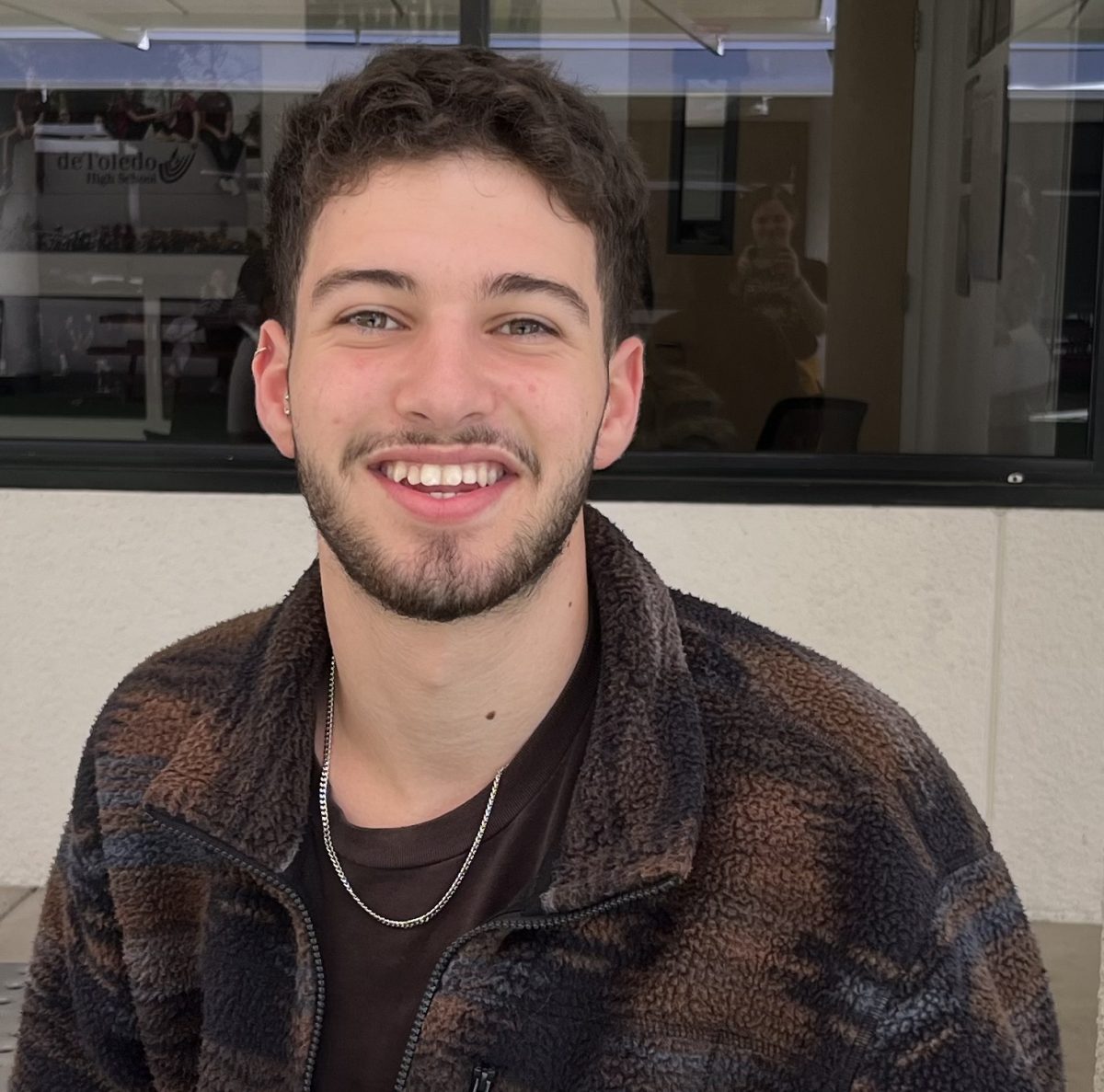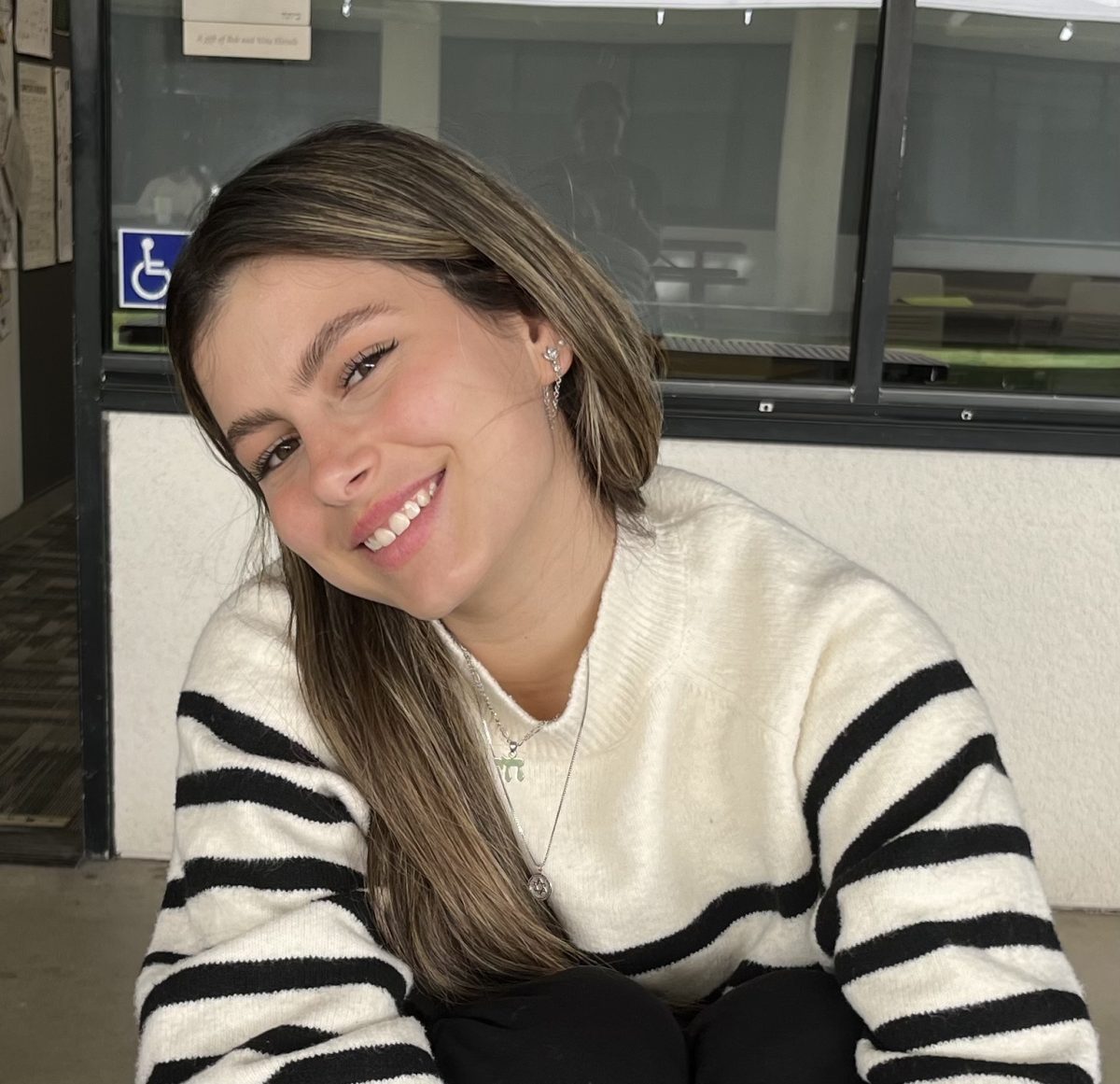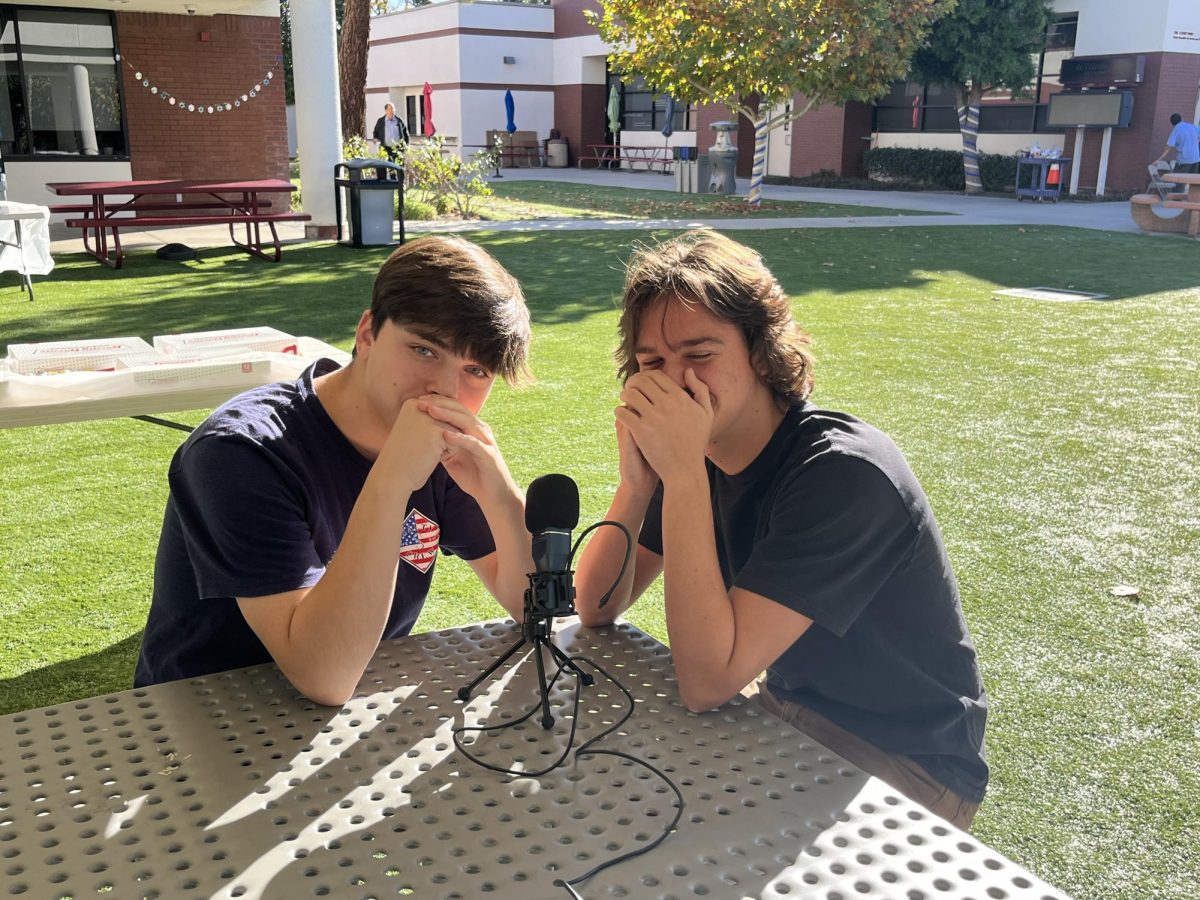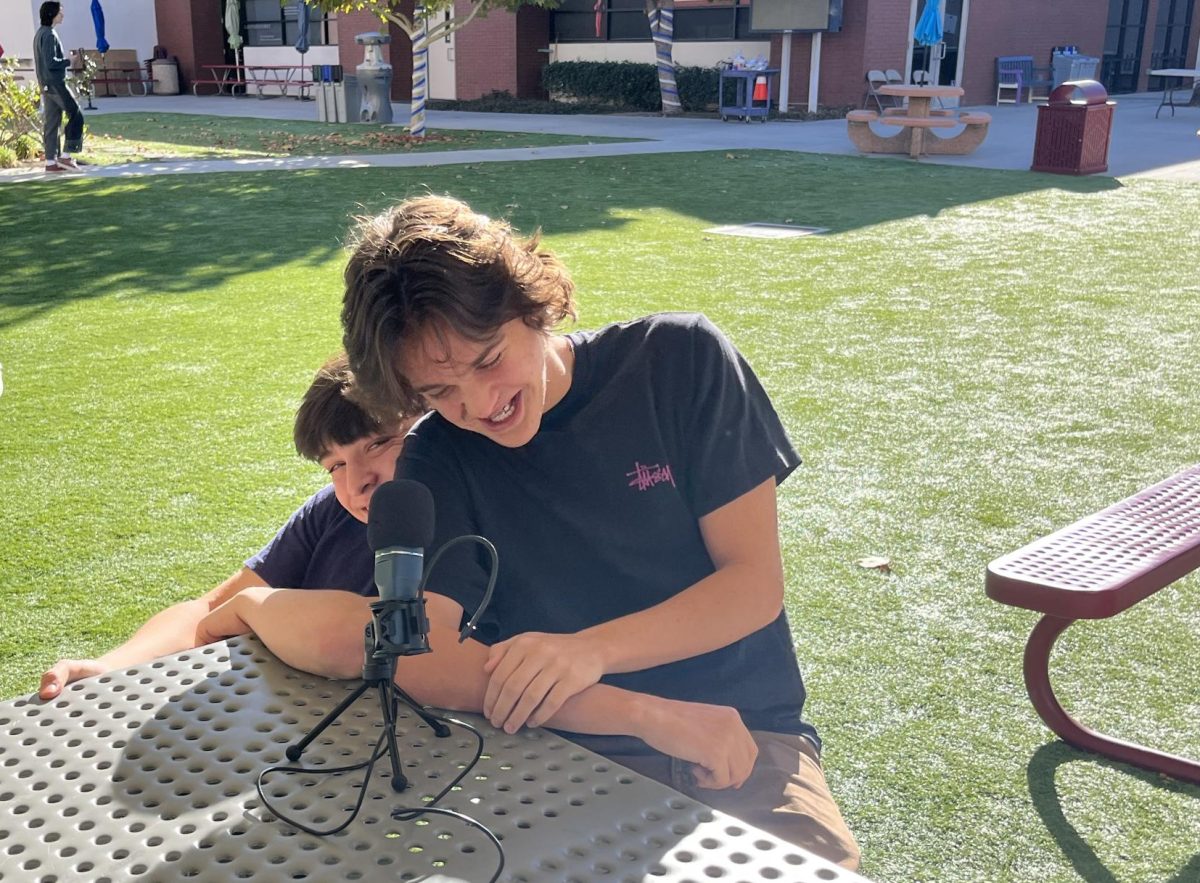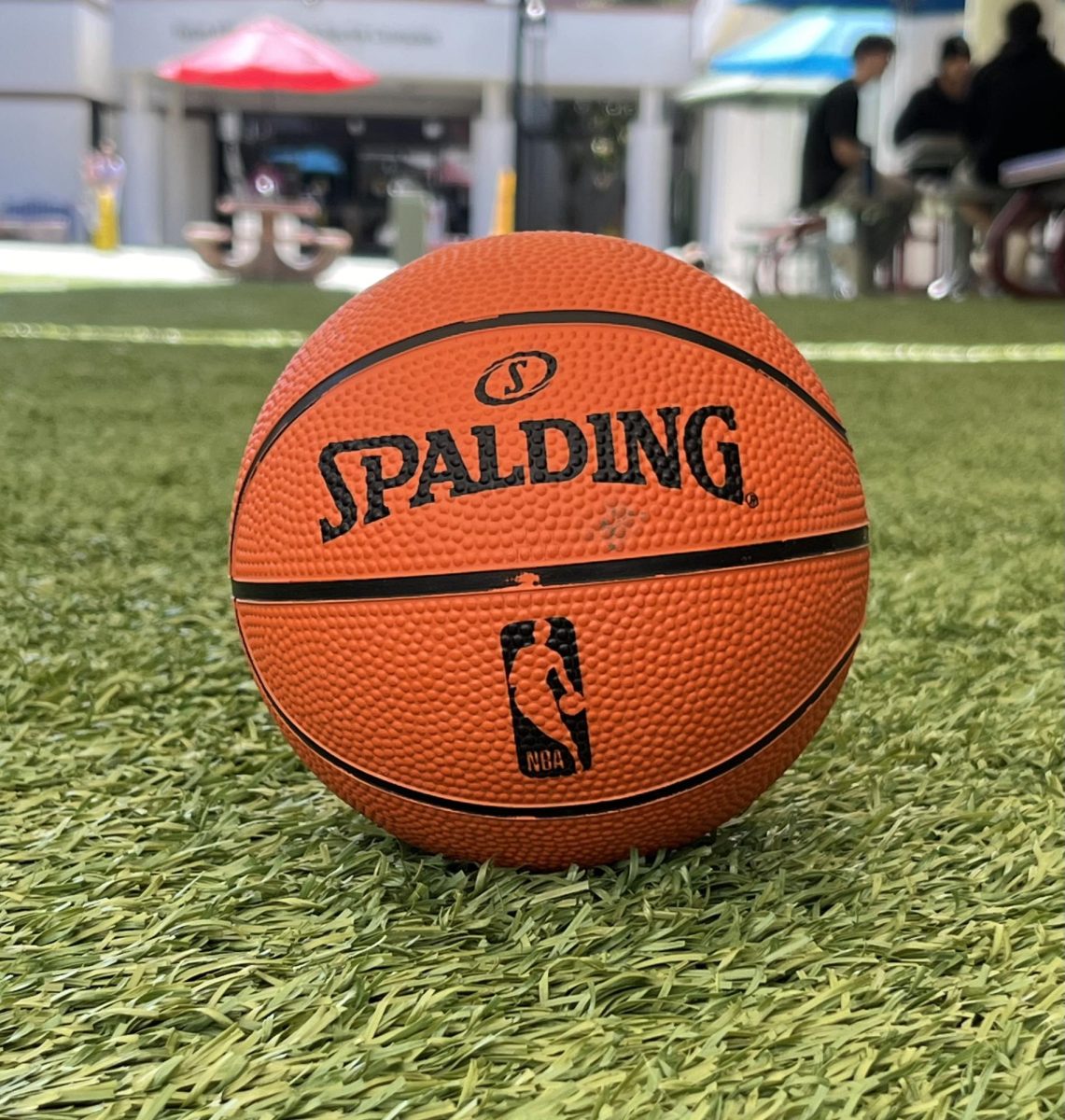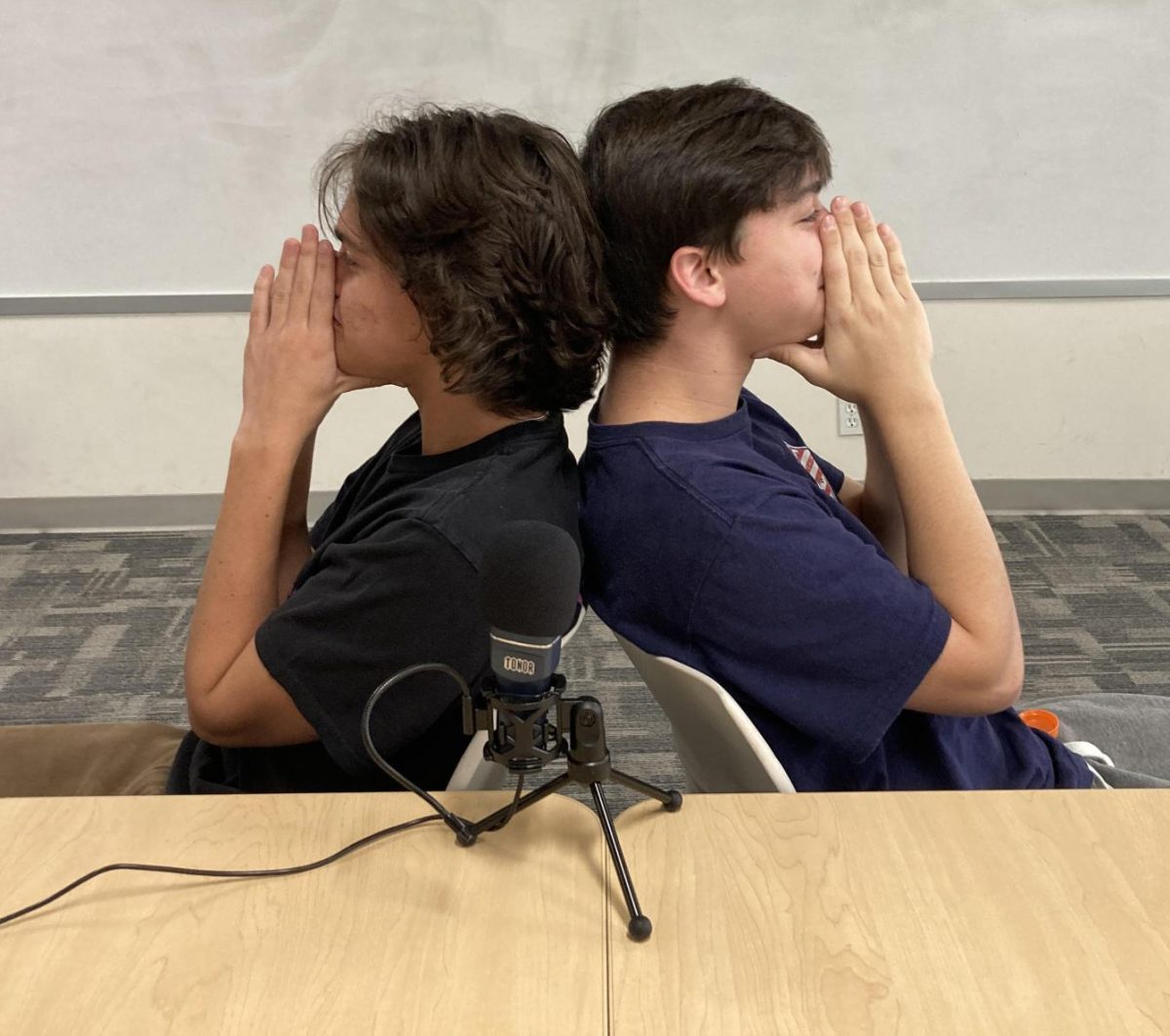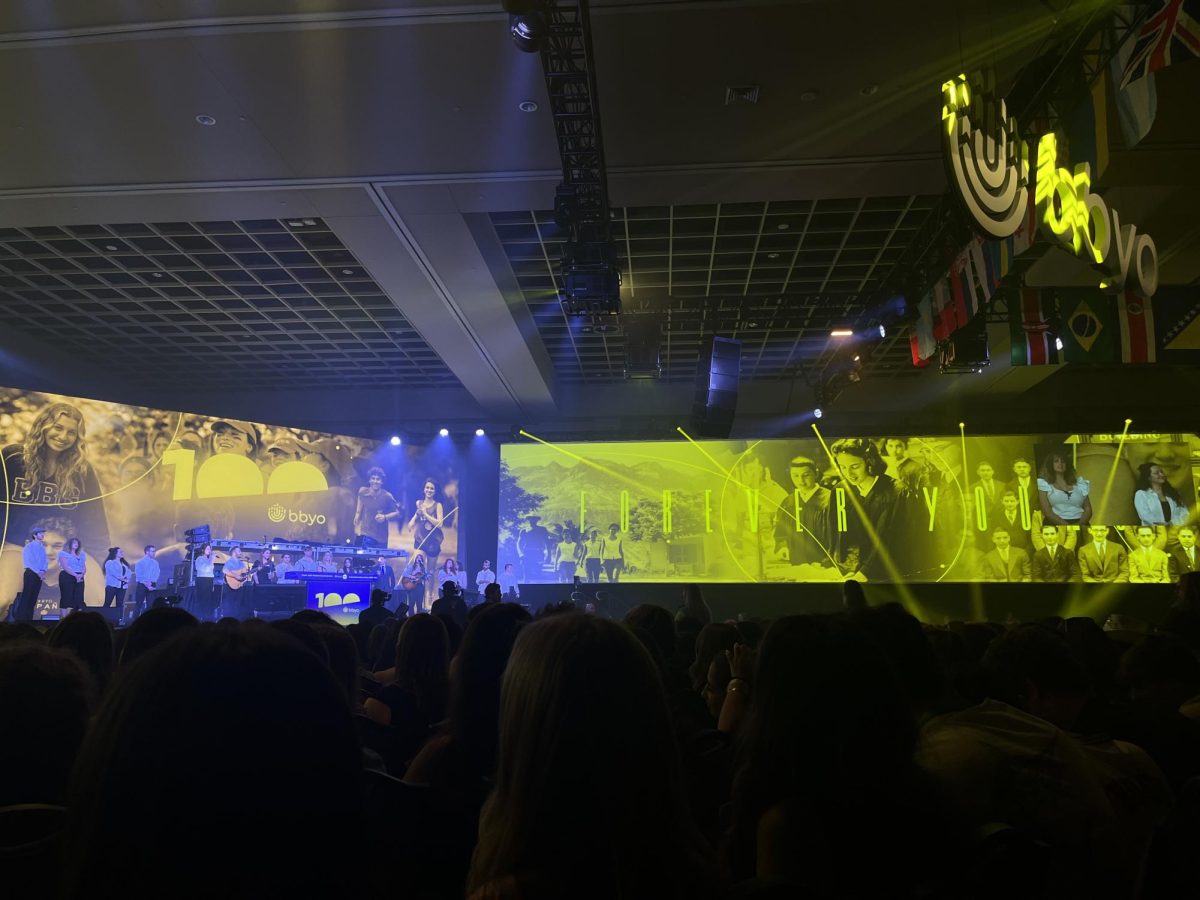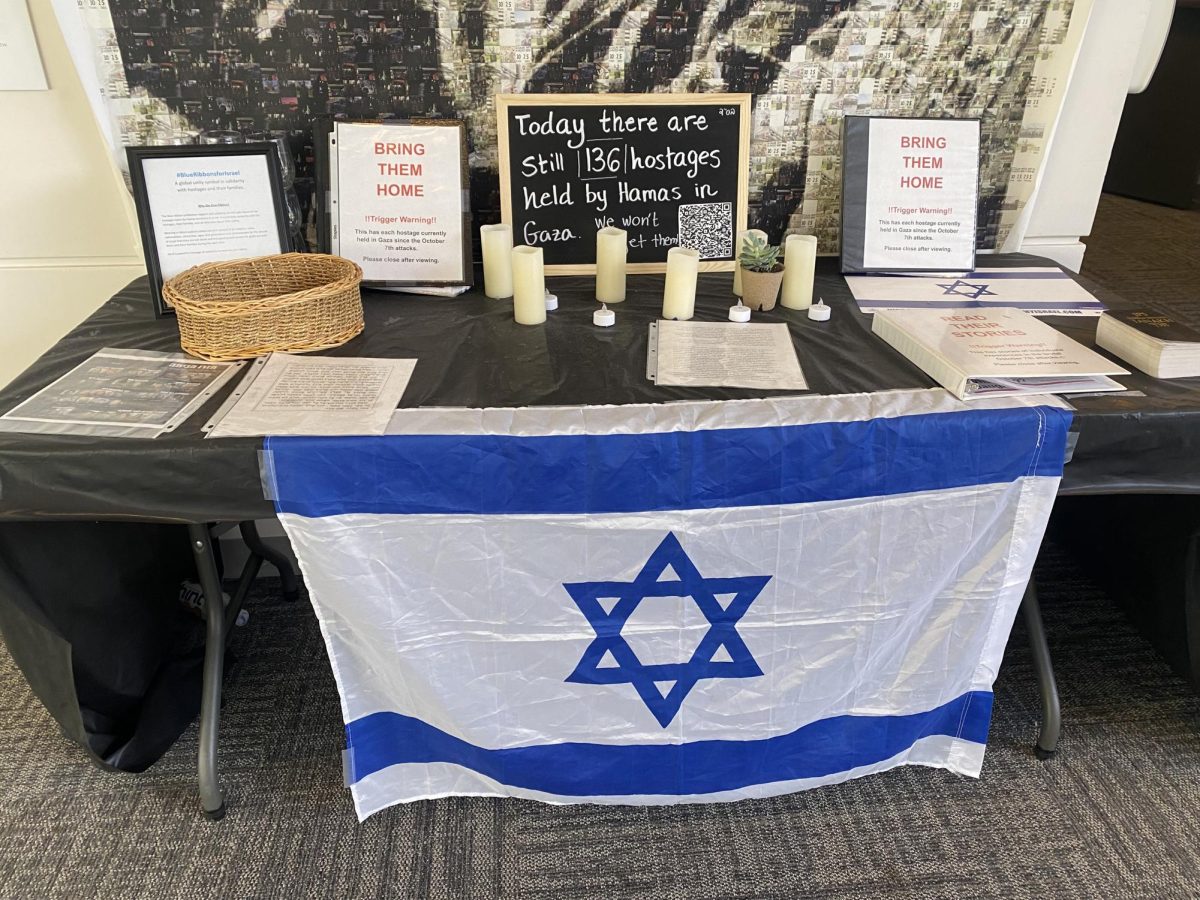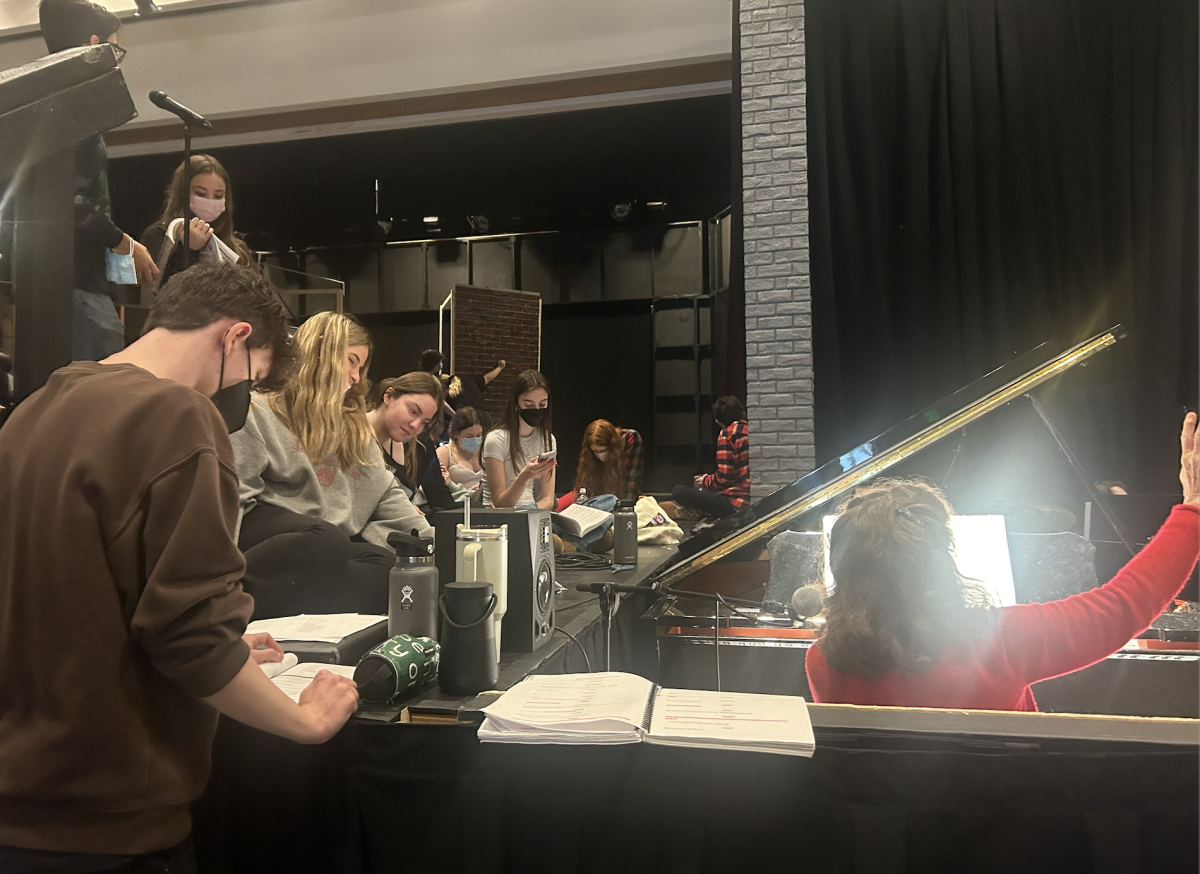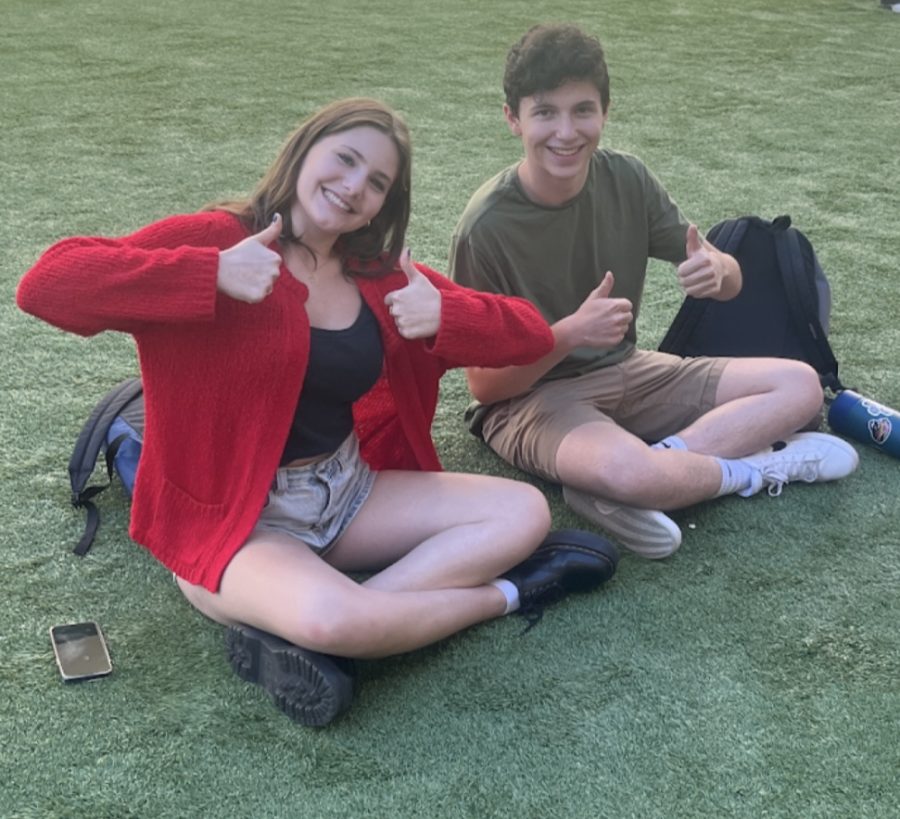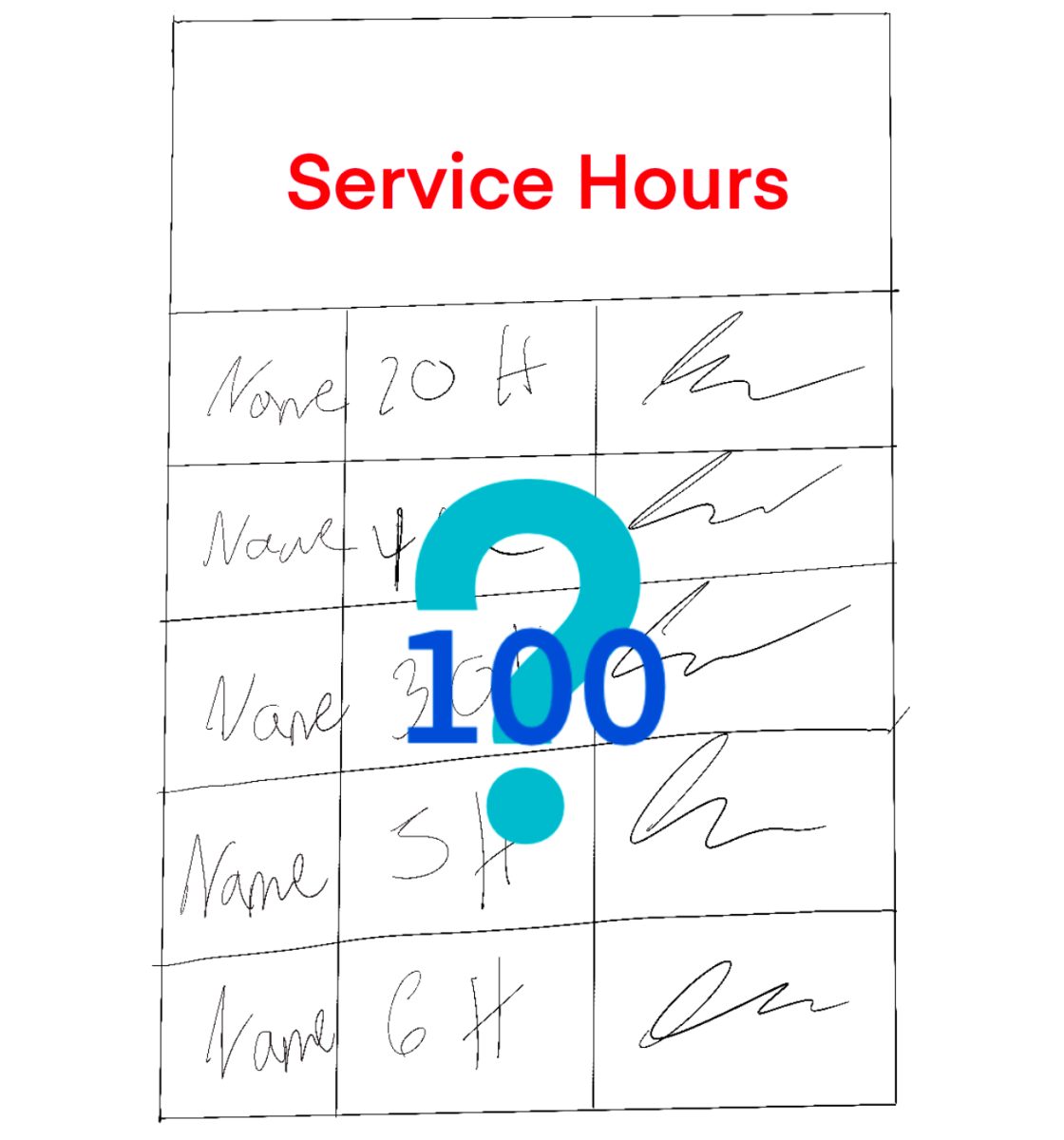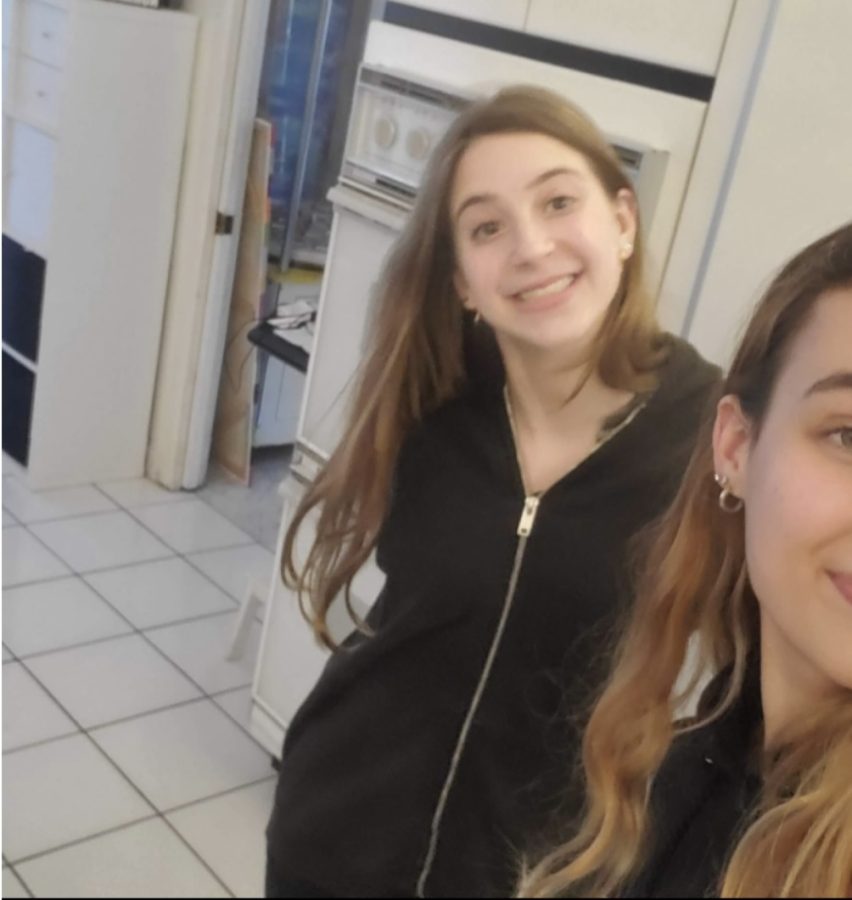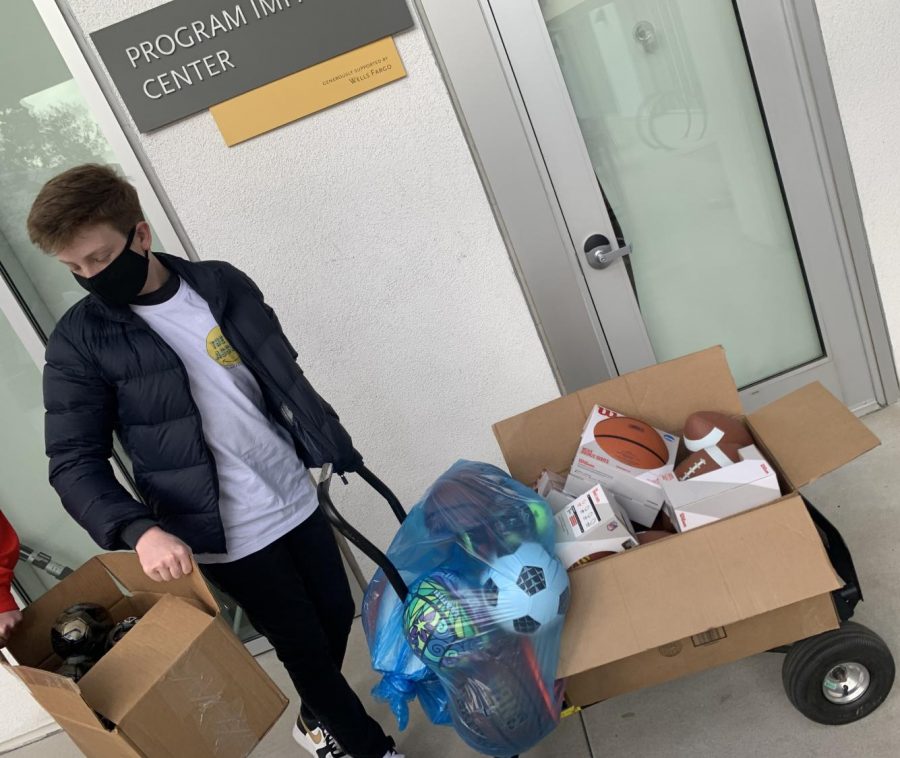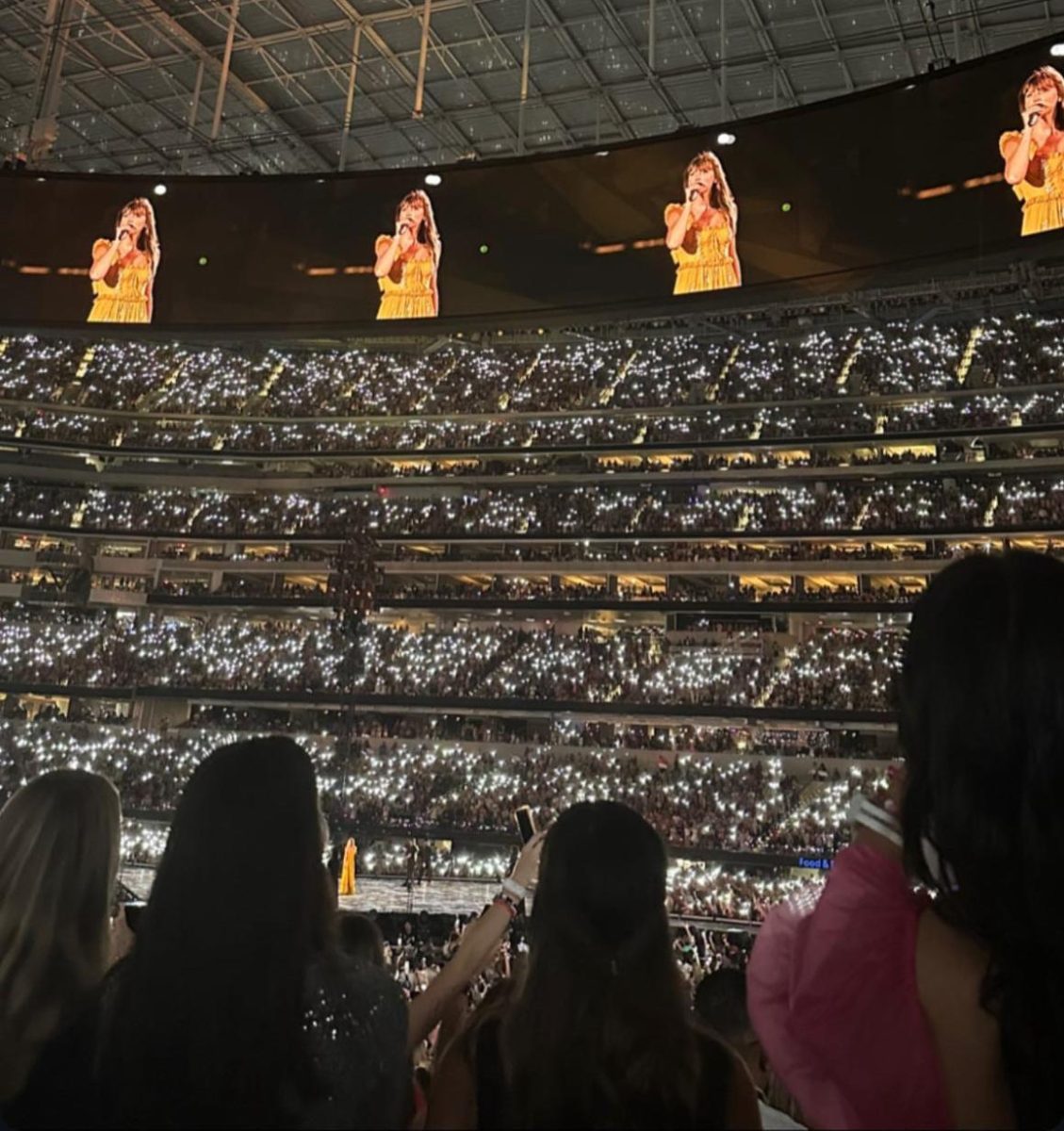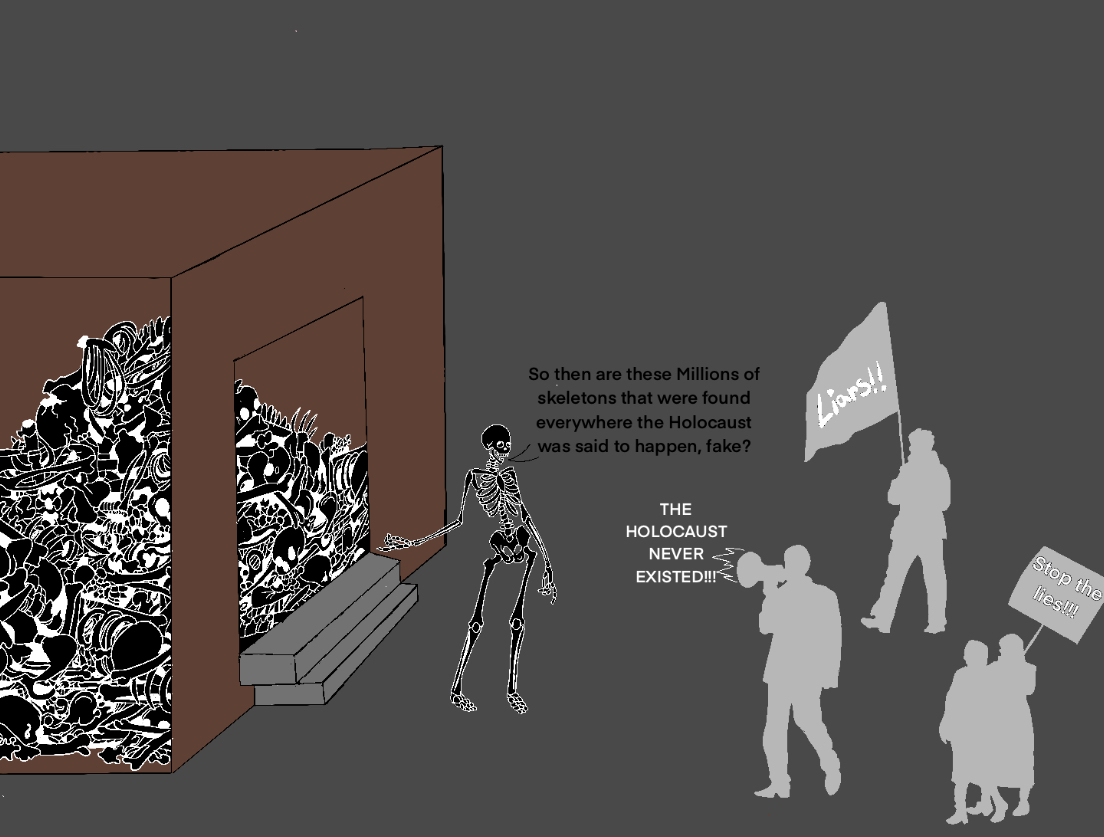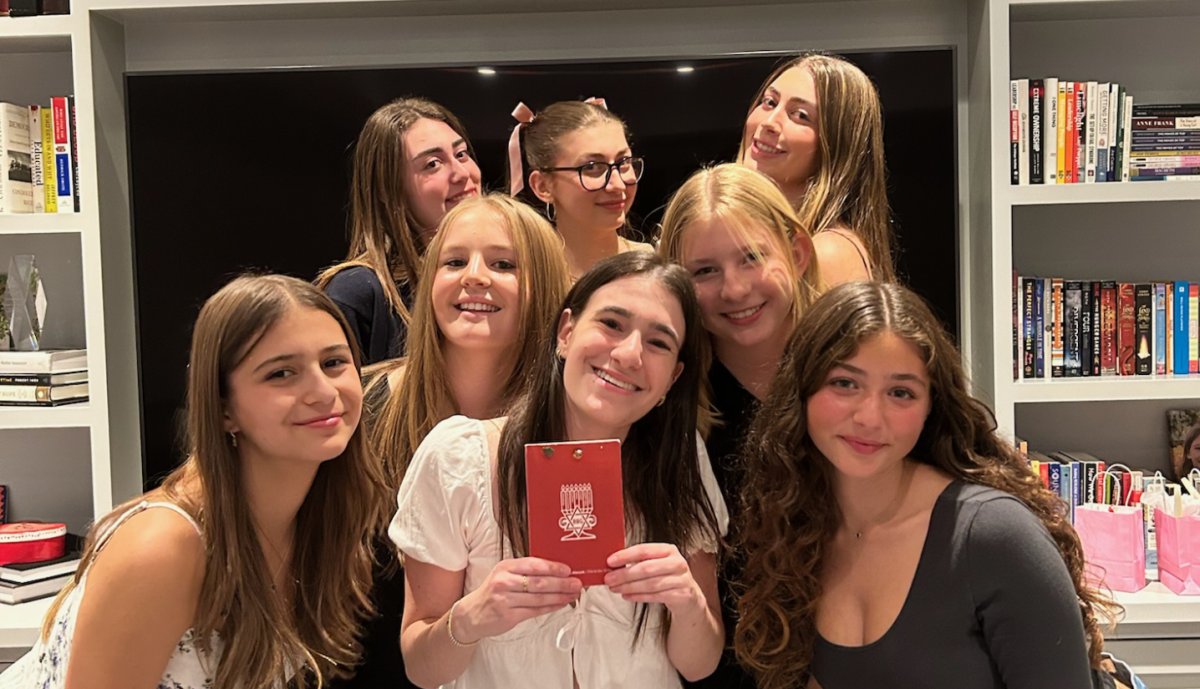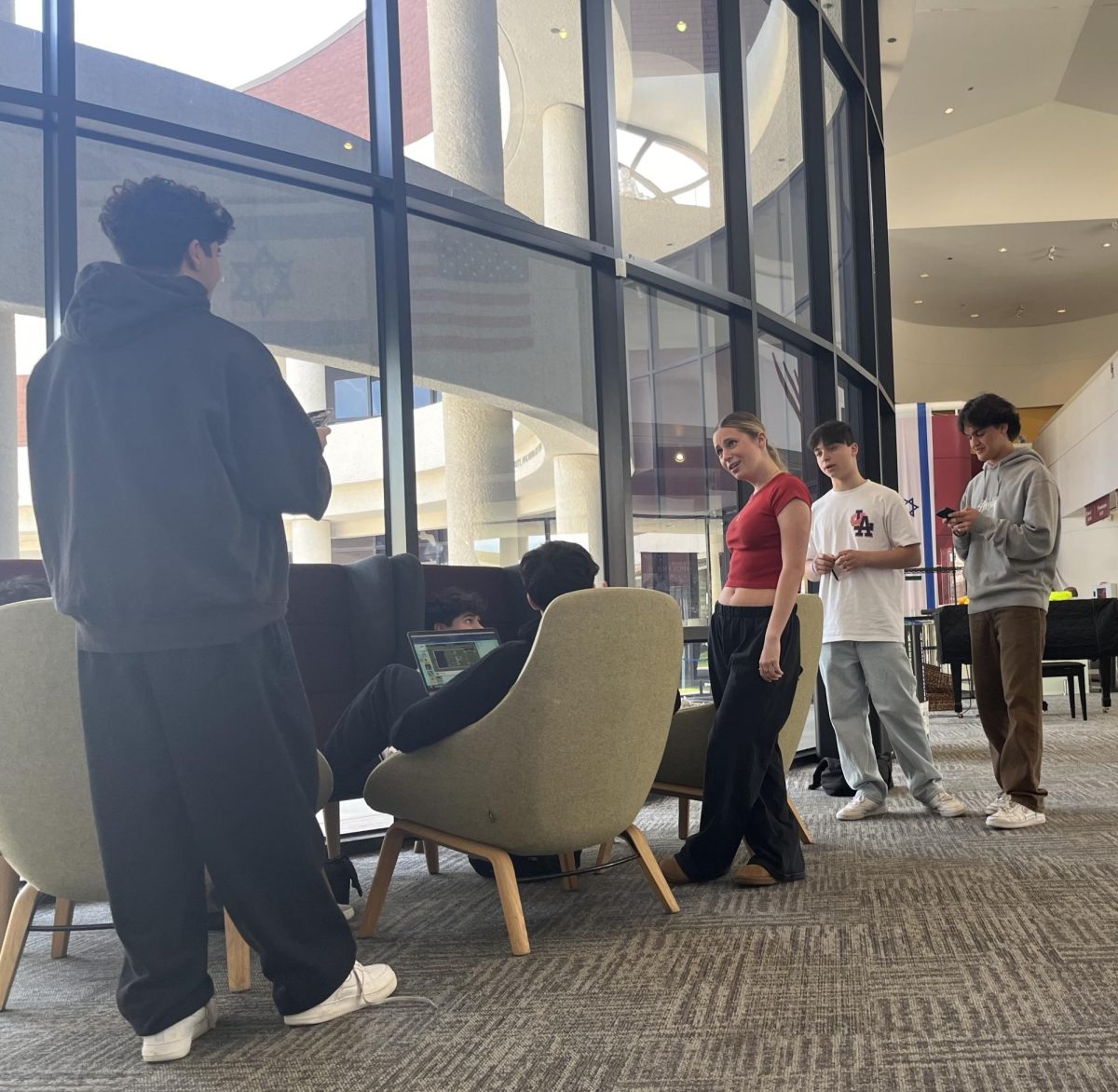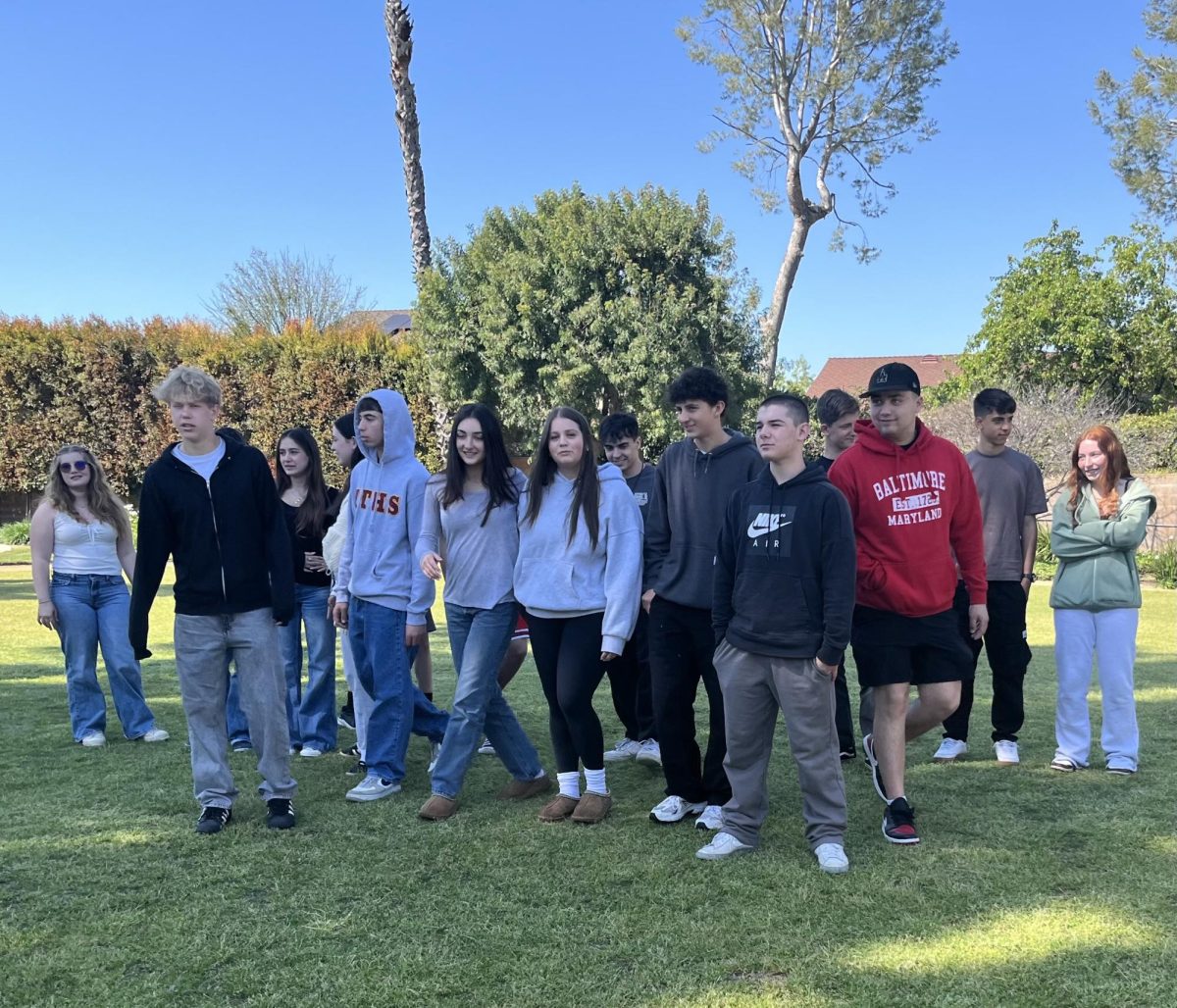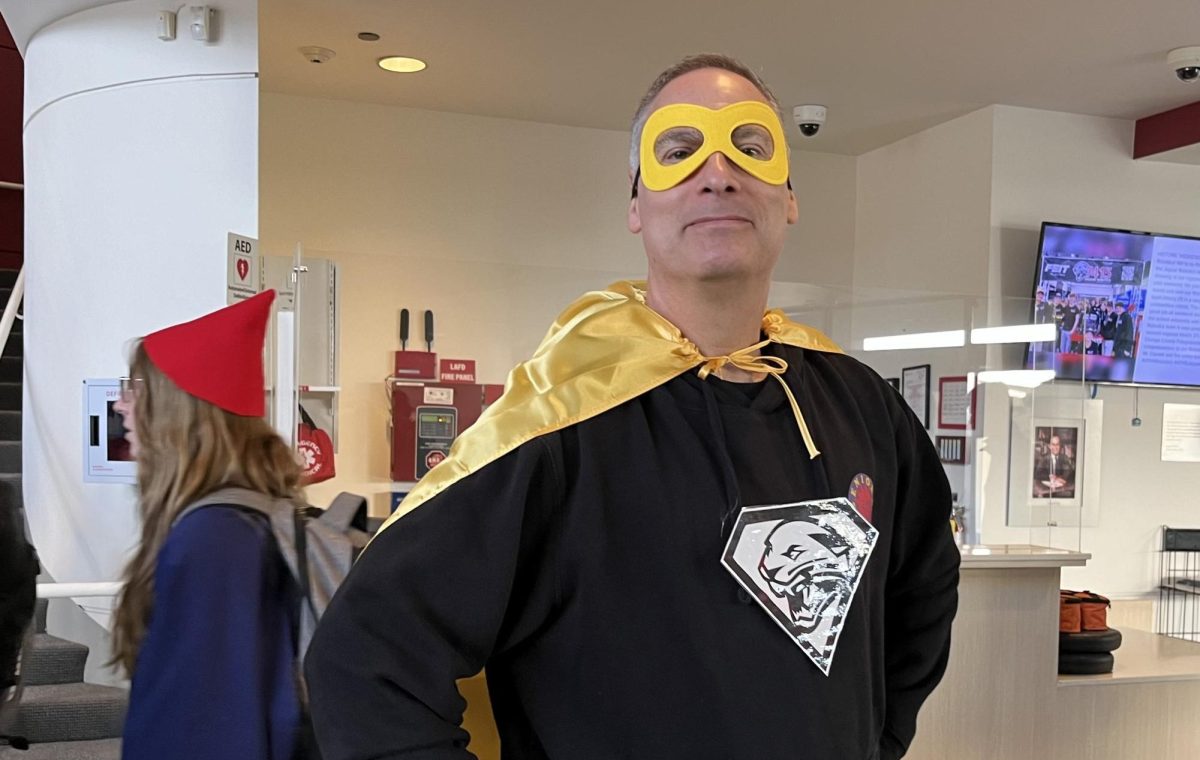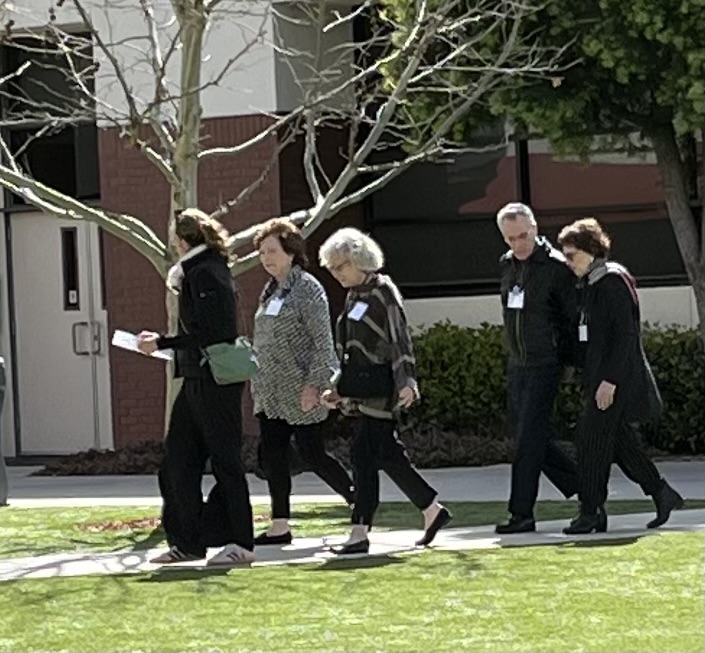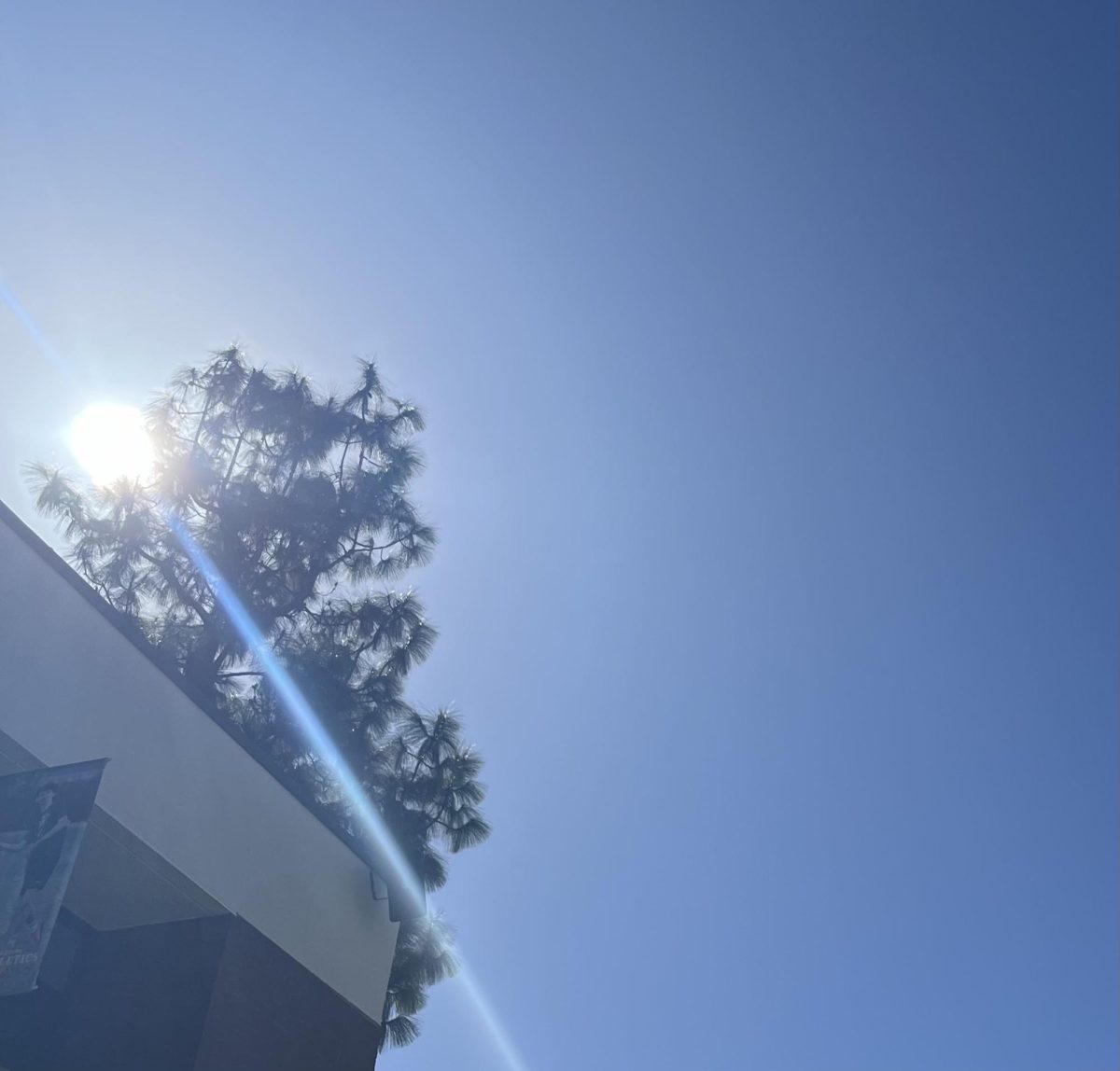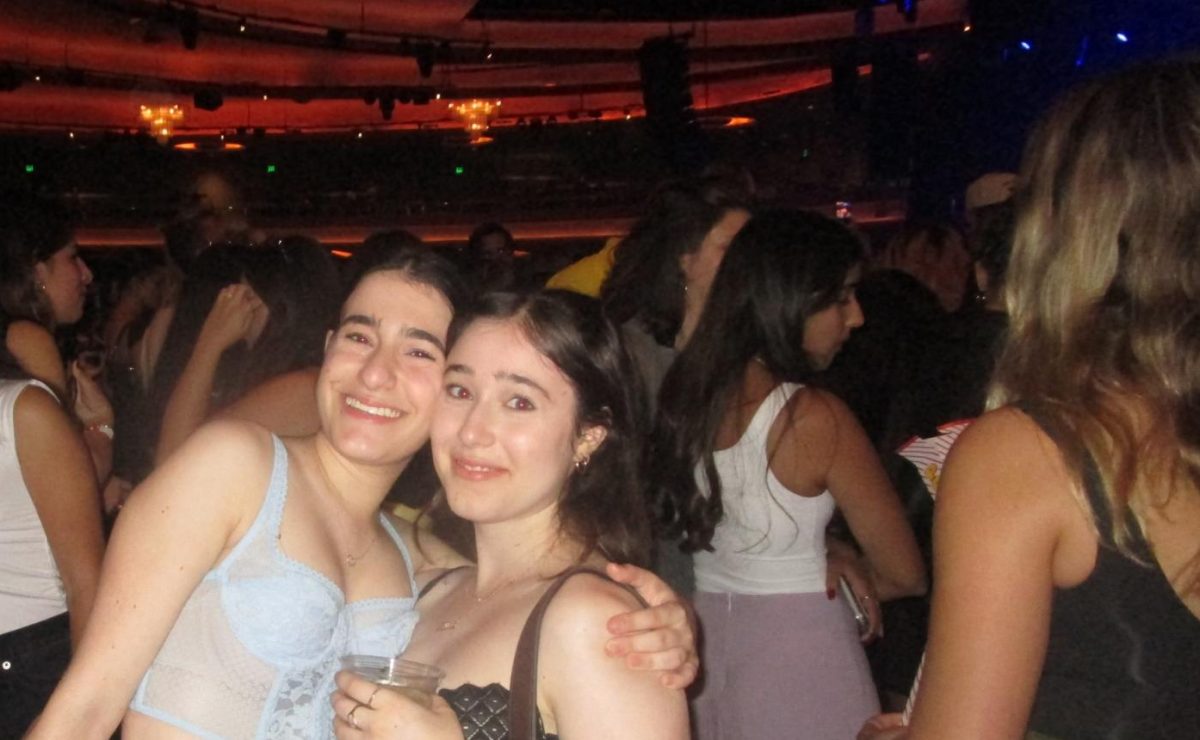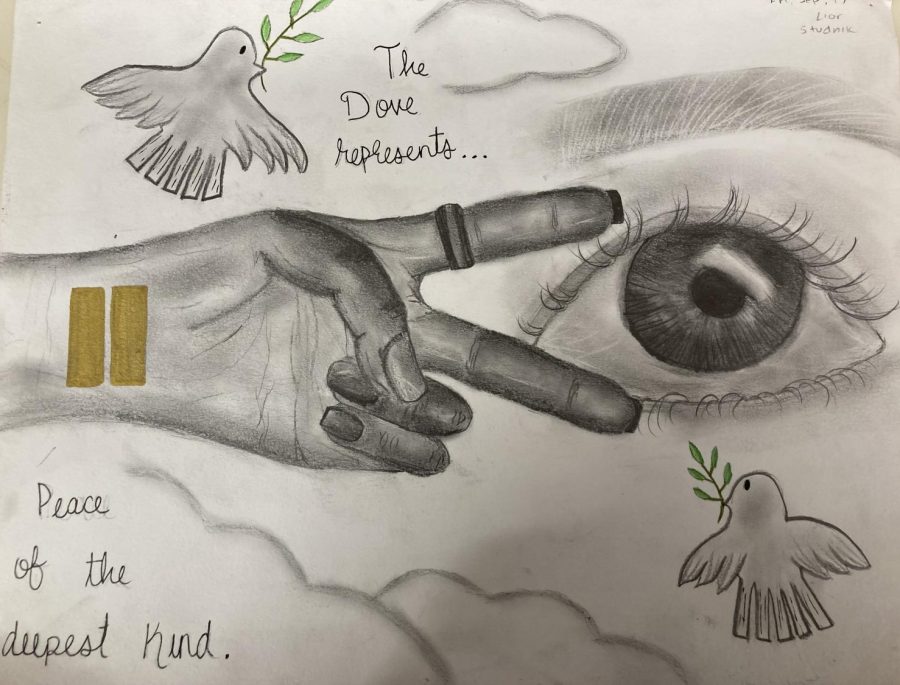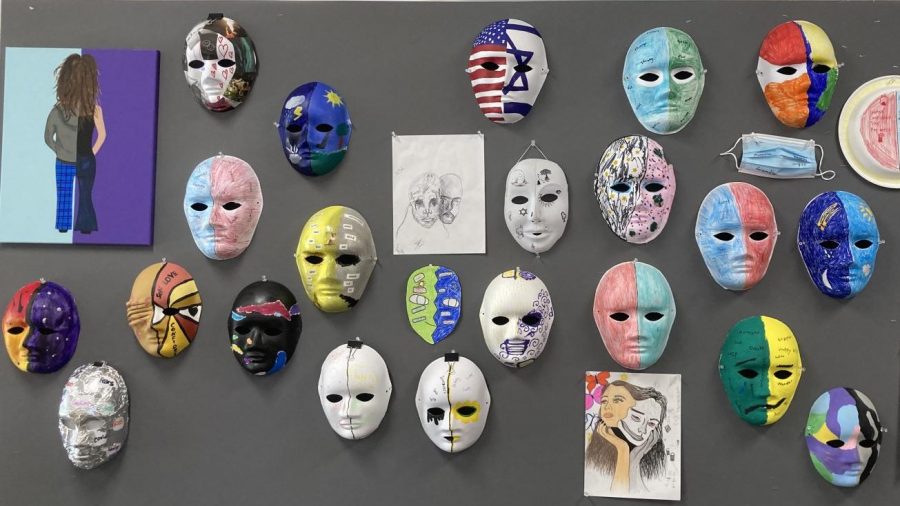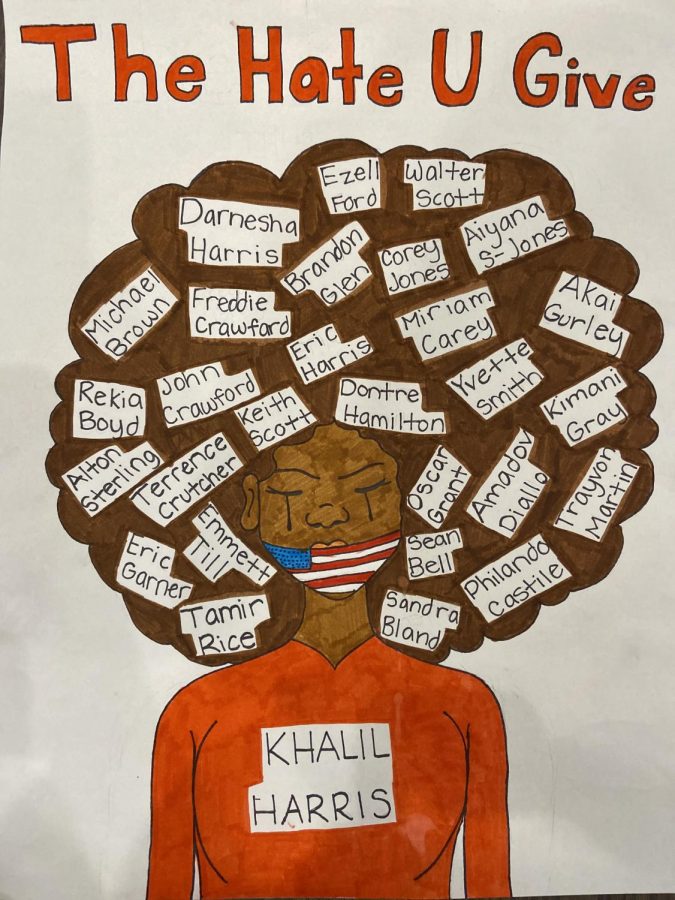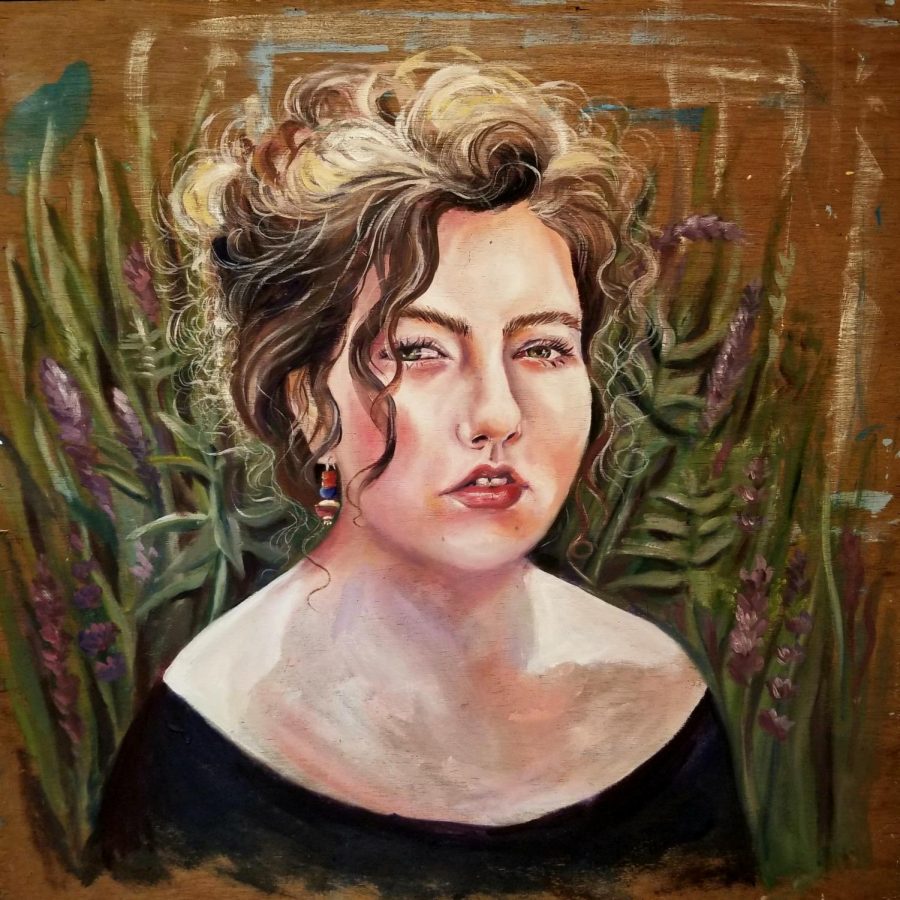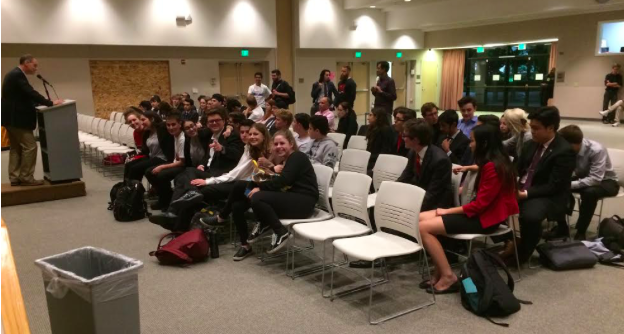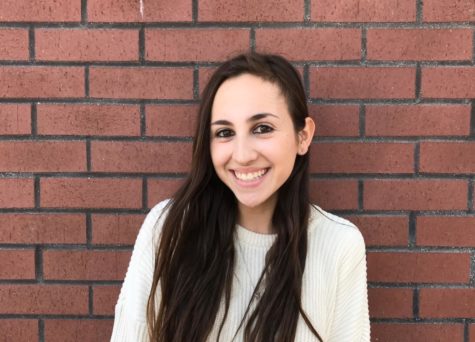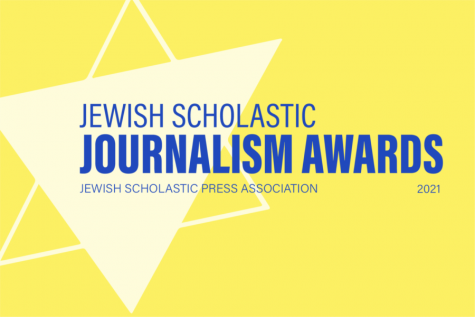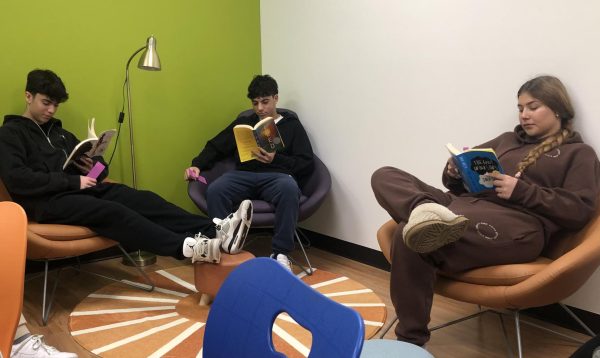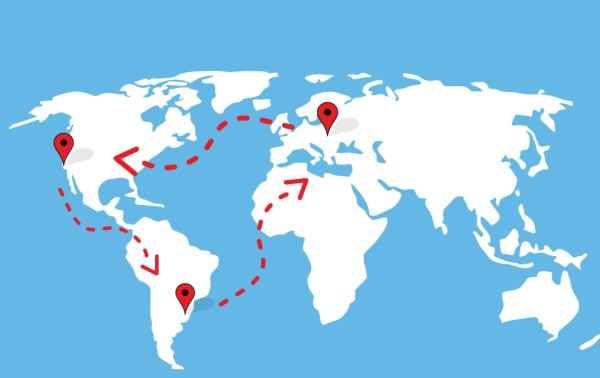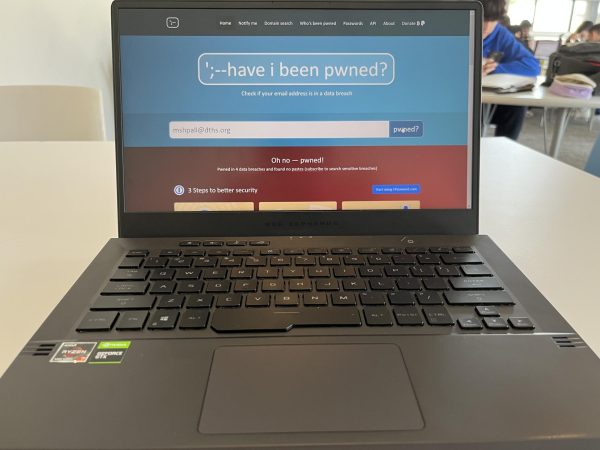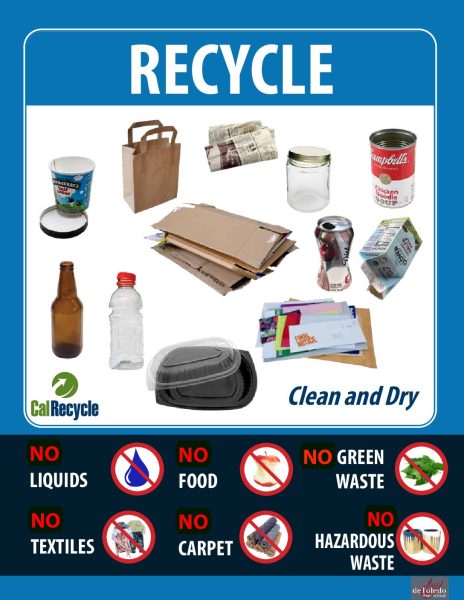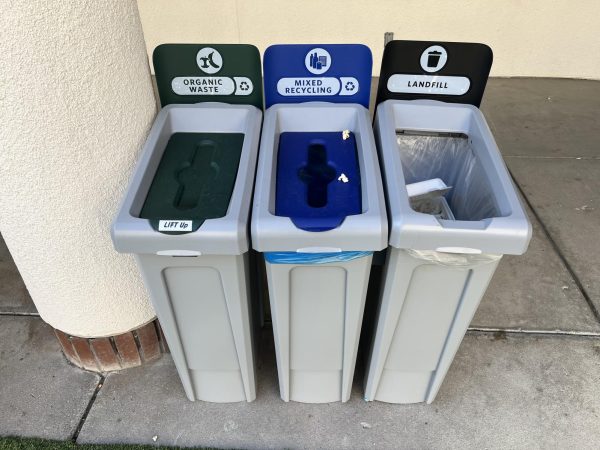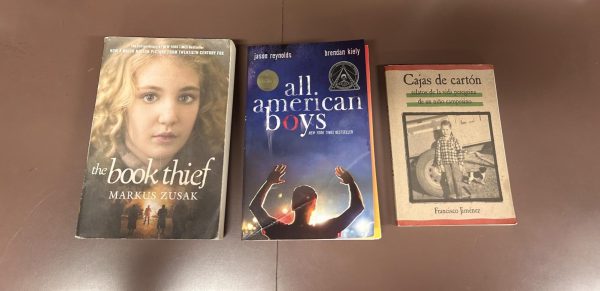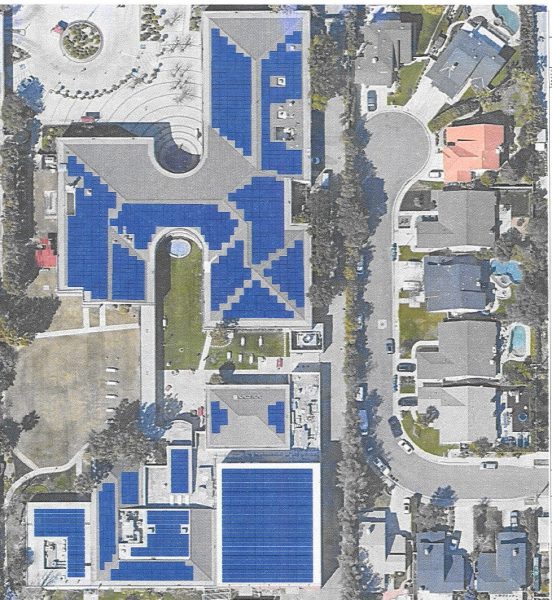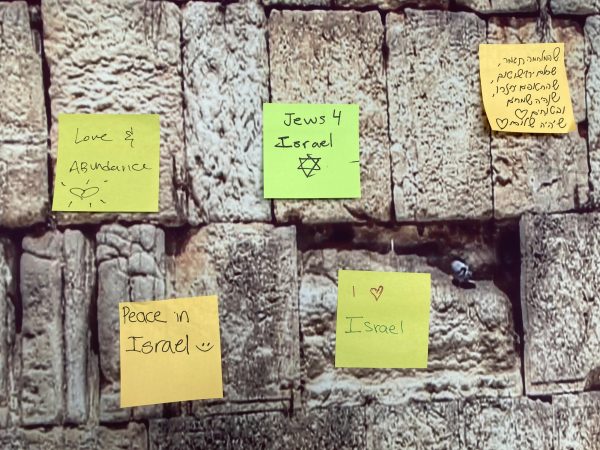Speech and Debate Invitational
November 28, 2016
This year, 17 high schools competed at the tournament, making this the biggest-ever dTHS debate invitational. While usually in March, the community decided to host this earlier on in the year.
According to Mr. Hirsch, the Assistant Speech and Debate Coach, “The idea was to give our students a competitive opportunity and to also showcase our speech and debate program to the other schools.”
Almost 200 participants from 17 different schools attended this debate, which started at 8 am and ended at 8 pm. The debate rounds started promptly at 9:30. After the first three rounds the Speech and Debate teams got a lunch break, followed by more debating. The results from the previous debates were posted as soon as the tournament tabulation officials processed them.
The dTHS team’s Roni Farkash (‘17) and Ryan Ofman (‘18) both advanced to quarterfinals in Lincoln-Douglas Debate. Jonathan Silver (‘18) advanced to semifinals in Congress Debate.
According to Mr. Chang, the Head Speech and Debate Coach, “It is the biggest tournament that we have every had. The biggest turn out. We made the most money we have ever made. I think it really helped in terms of putting the school on the map” said Mr. Chang.
There were four different kinds of debate offered at this invitational, and the dTHS team competed in all four. Each member, however, only competed in one type of debate. All of these debates teach the participants how to think on their feet and how to be coherent to prove their point.
The first kind of debate is called Lincoln-Douglas Debate. This debate is a one-on-one debate where students argue a resolution. The resolution that students must argue changes every two months. At the de Toledo invitational, students debated about the issue of nuclear power.
The second kind of debate is known as Congress Debate. In this debate there are four different bills that the team members have to debate about. This Sunday one of these bills was about whether a wall should be built between Mexico and the United States.
Parliamentary Debate is yet another kind of debate. This debate is two-on-two. Unlike the other debates, where students get their topics ahead of time, students only get 20 minutes from the moment they get the topic until they must speak about it. The topics can be about one of three things: a value, a policy, or a fact.
Finally, Public Forum Debate is a two-on-two debate about a current events topic that changes each month. The Sunday topic was about the use of the probable cause standard for school searches. Like Lincoln-Douglas Debate and Congress, Public Forum Debate requires a lot of research and planning.
“Overall, this experience brought me closer to my team and allowed for me to improve my skills while competing in this rigorous competition” said Gabby Vanderlaan (‘18), who competed in Lincoln-Douglas Debate.
The Speech and Debate team has a long year ahead full of more competitions to come
“Moving forward we are winding down for this semester. Through January and February, however, we are basically competing every weekend. We are going to go to a lot of local competitions and then to Berkeley. A week after that we are going to the State Qualifier Tournament. Last year we qualified 3 people, but we hope to qualify even more this year,” said Mr. Chang.

